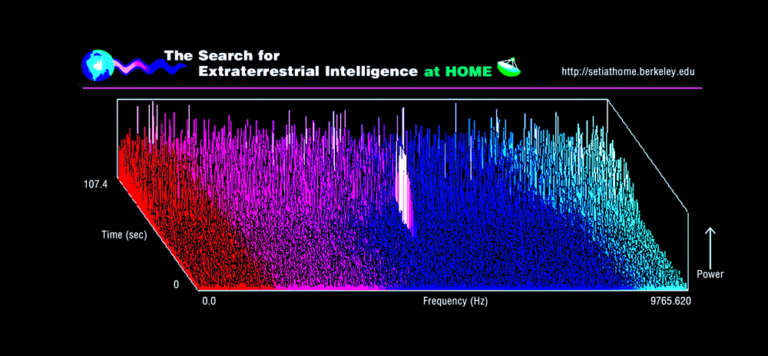Charlene Anderson • May 13, 2011
SETI@home Following Up on Kepler Discoveries
Remember SETI@home? The ground-breaking computing project is now taking a look at candidate Earth-like planets that have been detected by NASA's Kepler space telescope. Using the Green Bank radio telescope in West Virginia, SETI@home scientists are targeting eight stars that might harbor worlds conducive to life.
They are going to collect 24 hours of data with the steerable Green Bank instrument and, after a "coarse analysis," the data will be turned over to SETI@home volunteers to analyze in more detail on their home computers. They'll be looking for potential radio signals beamed across the galaxy by extraterrestrial civilizations.
The Planetary Society is a founding sponsor of SETI@home and our members have been justifiably proud of what the project has accomplished. We have helped make it possible for people anywhere on this planet to participate in real science and get the chance to be the first to detect a signal from alien life-forms.
You can get the details on this new SETI@home focus on the UC Berkeley news site.
And if you're a Planetary Society member, consider that you helped make this possible.
Support our core enterprises
Your support powers our mission to explore worlds, find life, and defend Earth. You make all the difference when you make a gift. Give today!
Donate

 Explore Worlds
Explore Worlds Find Life
Find Life Defend Earth
Defend Earth


